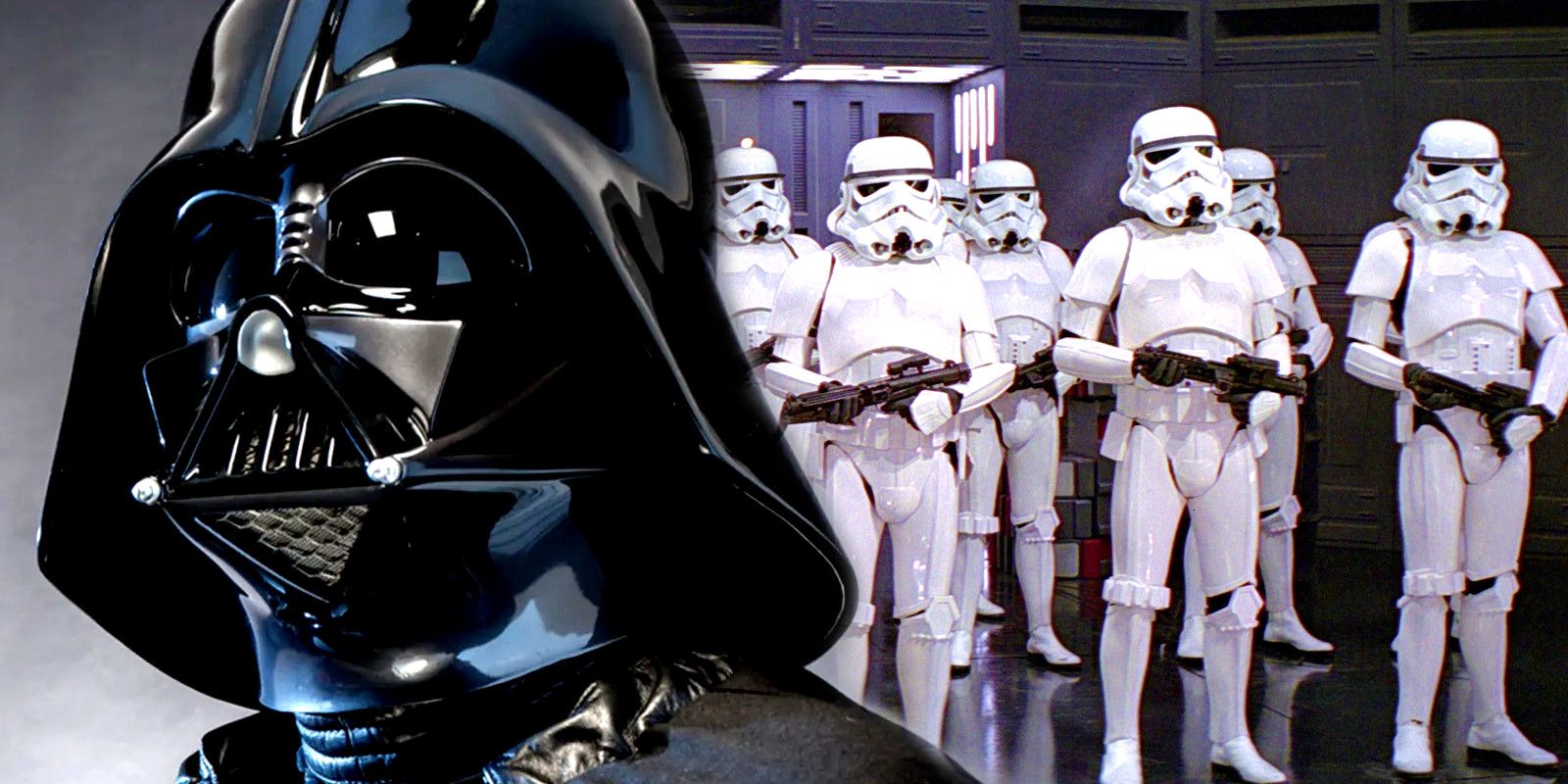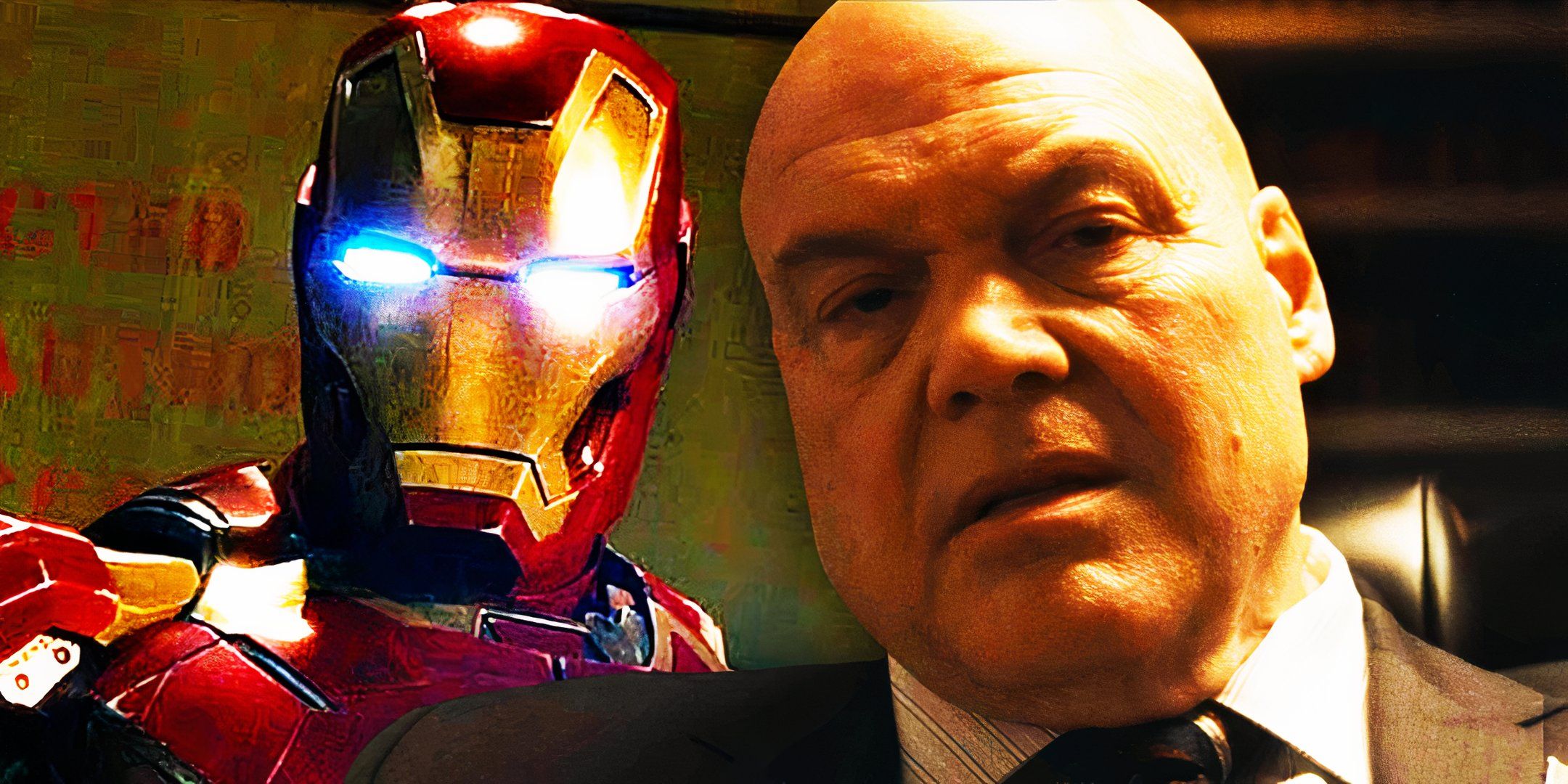Why Darth Vader Never Took Command Of The Empire's Military
Summary Vader and Palpatine worked outside the Empire's military to focus on Sith domination.
Vader's personal agenda hindered his tactical prowess in leading the Imperial forces.
Dark side Force-wielders like Vader aren't meant to lead but to use and abuse the military.
Given Darth Vader’s considerable intelligence, experience, and strength, it seems strange that he never took control of the Empire’s military – but there’s a good reason for this separation of power in Star Wars. Though, during the original Star Wars trilogy, few knew of Darth Vader’s true identity, Palpatine would have been aware of Anakin Skywalker’s famed exploits as a General for the Grand Army of the Republic during the Clone Wars. As a Jedi, Anakin led the clones into countless battles, emerging victorious due to his strength in the Force, his ingenious tactical skills, and his out-of-the-box strategies.
And yet, oddly enough, Palpatine's Sith apprentice never had a true leading role in the Imperial military other than a "Commander" title. Once the Empire rose to power, plenty of other officers stepped forward to assume control, and Darth Vader was given power over the Inquisitors instead, a group of dark-side-wielding Force-sensitives (many of whom were former Jedi) tasked with hunting down any remaining Order 66 survivors that might pose a threat to the new Galactic Empire and the Sith’s return. This choice was clearly deliberate, however.
Related Star Wars: 10 Best Darth Vader Stories, Ranked Darth Vader is one of the most crucial characters in all of Star Wars, and these 10 stories from the comics, movies, and TV shows are the very best.
The Sith Never Fit Into The Empire's Structures
What Palpatine wanted, above all, was for the Sith to have total control over the galaxy. The Empire was part of that plan, but not the whole story. He needed the Empire to be, on the whole, self-sustaining. Its resources and network needed to be available to him at all times so that the Sith Lord could exert his dark will over the rest of the galaxy. In essence, the Imperial machine was just a tool in Palpatine’s quest for total domination, rather than the actual end goal.
The Imperial machine was just a tool in Palpatine’s quest for total domination, rather than the actual end goal.
By creating an Imperial military and organization that was self-sufficient and run by others, Palpatine and his apprentice, Darth Vader, could focus on spreading and hoarding the power of the dark side. As such, Vader didn’t fit into the Imperial military structure either – he was too busy hunting down rogue Jedi who could potentially overthrow the Sith, ensuring that the light’s legacy was snuffed out for good. The Empire and its resources could help him achieve that goal, but he had a very one-track mind, while the Empire as an organization was essentially built on, and sustained by, cooperation.
Darth Vader's Personal Agendas Meant He Was Poor At Tactics
While Anakin Skywalker may have been an impressive General as a Jedi, Darth Vader was too selfish and single-minded to become and remain a true military leader. Just look at the Battle of Hoth in The Empire Strikes Back. The Empire was waging war on the Rebellion, but Vader only had eyes for one target: Luke Skywalker. Personal agendas have no place in precise, military warfare. Vader was too focused on hunting down those who could harm him personally – and by extension, Palpatine – rather than the expansion or survival of the Empire itself.
Anakin Skywalker was the Jedi General of the 501st Legion during the Clone Wars, who would later help him raid the Jedi Temple after Order 66 was enacted.
If Vader had been more tactically minded, and if he hadn’t been so hellbent on settling his personal vendettas, the battle of Hoth might have ended very differently. What if he had focused on Rebel leadership, like Mon Mothma, instead? The Rebellion could have been decimated. Instead, Vader acted “selfishly,” and the rest is history. Vader may have been known as the "Supreme Commander of Imperial Forces," but in reality, he was anything but.
Those who wield the dark side aren’t meant to lead the military – they are meant to use it and abuse it for their own gain.
Interestingly enough, this same issue becomes apparent again two generations later, when Vader’s grandson, Kylo Ren, briefly takes control of the First Order in Star Wars: The Last Jedi. Kylo, much like Vader, was so focused on his hatred of Luke that the Resistance once again lived to see another day. Those who wield the dark side aren’t meant to lead the military – they are meant to use it and abuse it for their own gain, as Palpatine, Darth Vader, and even Kylo Ren have so harshly demonstrated throughout Star Wars.











COMMENTS